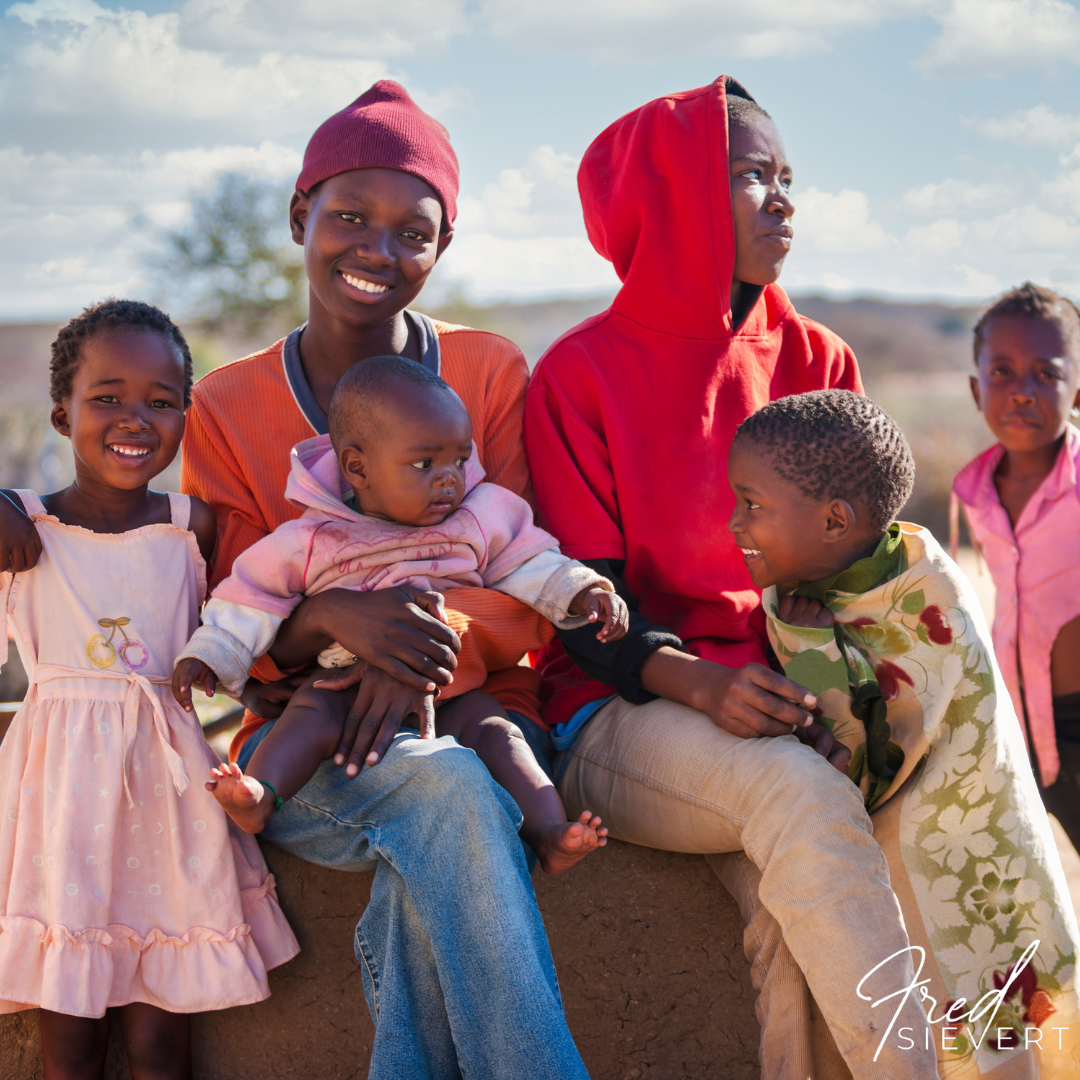Lessons for the Affluent in Africa
In 2004, my son Zac graduated from high school, and we took a two-week trip through Botswana, South Africa, and Zimbabwe. Raised in affluent Fairfield County, Connecticut, Zac had every material advantage—popularity, leadership roles in sports, and access to experiences few could dream of. Yet he had struggled with depression for years.
Hoping the trip would be therapeutic, I knew it aligned with his two passions: photography and herpetology. We both loved wildlife and took thousands of photos, spotting numerous animals even in South Africa’s winter.
On our first day at Singita, a luxurious camp in Kruger National Park, we saw the “Big Five” up close. That night, we witnessed a mother cheetah with her cubs and lions feeding on a wildebeest—all from just a feet away in an open jeep.
Despite the cold season, Zac and our guide went on foot to track a massive python. Against the odds, they found one, and Zac even touched its tail as it slithered into rocky terrain. These thrilling moments, however, were not the trip’s most impactful.
The most profound experience came when we left the luxury of Singita to visit a nearby village. Protected by fences from wild game, the village was modest, with cinder-block homes and grass huts. We visited a makeshift preschool, where about forty children sang joyful songs in English, including an African animal version of “Old McDonald.” A child stepped forward to mimic animal sounds, enchanting us all.
We observed women preparing meals with basic tools—no modern conveniences. Their daily routines were starkly different from life in Connecticut.
Then, elder men proudly led us to a small hut serving as a museum. They couldn’t speak English, but shared treasured artifacts—headdresses, nose rings, instruments, and weapons—with visible joy. Many items were worn and dusty, yet deeply meaningful.
To conclude, we were served a cold drink under the hot sun and treated to traditional and modern singing performances by village men. Though we didn’t understand the language, the emotions were clear—songs of love, history, and celebration. The hospitality was overwhelming. Every person, from children to elders, exuded happiness, warmth, and pride.
After Singita, we continued to Mombo Camp in Botswana, where wildlife sightings were even more abundant. Each night, all guests dined together at a large candlelit table, sharing stories by the campfire afterward. The group was diverse—families from the U.S., couples from Australia and California, and sisters from Britain.
On our final evening, someone asked Zac what his trip highlight had been. I expected him to mention the wildlife or the python.
“It was the visit to the village outside Singita,” he replied.
“Why?” asked an older guest.
“Because the people were so happy,” Zac said. “They had absolutely nothing—no cars, no refrigerators, no TVs, no modern appliances—but they had each other. They had the love of family and support of their community.”
There was silence around the table. In that moment, Zac—who had grown up in comfort but fought private battles—had spoken a simple, powerful truth. Many at that table, accustomed to wealth and privilege, felt the depth of his insight.
After dinner, several guests approached me to praise Zac. Around the campfire later, more shared their gratitude, touched by the perspective of an 18-year-old who had seen through luxury to experience something more profound.
As I wiped the tears from my own cheeks, I marveled that here in Africa, thousands of miles from our affluent communities, God could speak to me and to the other guests through the observations of an eighteen-year-old boy—an eighteen-year-old boy who was rapidly becoming a man.


